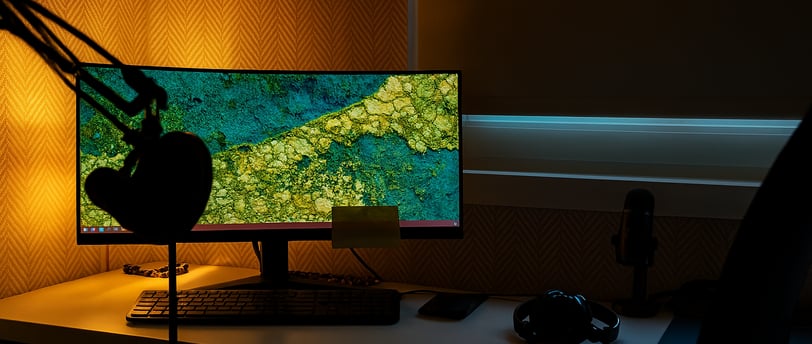African Memory & Stoic Clarity: A Reflection
Explore the intricate connection between names, legacies, and inherited patterns through the lens of African memory and stoic clarity, highlighting the importance of cultural heritage in shaping our identities.
Kwame Otieno Bala
4/11/20252 min read


I inherited my name from my grandfather.
Just like most of you, maybe.
It came wrapped in memory, wrapped in myth.
A name that came before I knew how to carry it.
And like most names, it came with more than letters.
I’ve started to wonder lately,
what else I’m inheriting that I shouldn’t.
The Unseen Hand-Me-Downs
In African homes, we inherit more than what’s written in a will.
We inherit expectations,
Speak like this. Don’t cry. Be strong. Work hard. Don’t ask why.
We inherit silences.
The kind that sit at the dinner table even after everyone’s gone.
We inherit unspoken rules, family myths, financial wounds, religious shame,
and stories of survival told with no emotion.
And sometimes,
we mistake them for values.
We think, this is just how we are.
But is it?
The Imagination Storm
Seneca once said:
“We suffer more in imagination than in reality.”
And I see it everywhere.
People breaking, not under the weight of the world,
but under what they think the world expects from them.
It’s not always trauma.
Sometimes it’s imagination dressed as duty.
“I must do it this way because my father did.”
“I can’t speak up because we never did in our family.”
We suffer in advance.
We carry what no one asked us to pick up.
A Quiet Break in the Line
So today, I’m choosing to leave some things behind.
I’ll keep the parts of my name that remind me of soil,
of elders, of kindness, of firelight.
But I’m leaving behind the silence.
The fear. The imagined weight. The loyalty to pain.
I don’t need to become a monument to what broke them.
Call It Legacy, or Just Healing
Maybe your inheritance was a name.
Or a tone of voice.
Or a script that says “you must suffer to be worthy.”
But you get to ask:
“Does this still serve me? Or is it just familiar?”
I’ve asked myself that lately.
And I’ve decided some things end with me.
Join the Quiet Circle
If this reflection landed, I write one like it each week inside the Afrostoic Dispatch.
Quiet reflections. Real questions. No fluff.
Subscribe here and walk with us.
This was written beside the window at my desk,
where the sun hits the wall like a small flame,
and names still echo.


